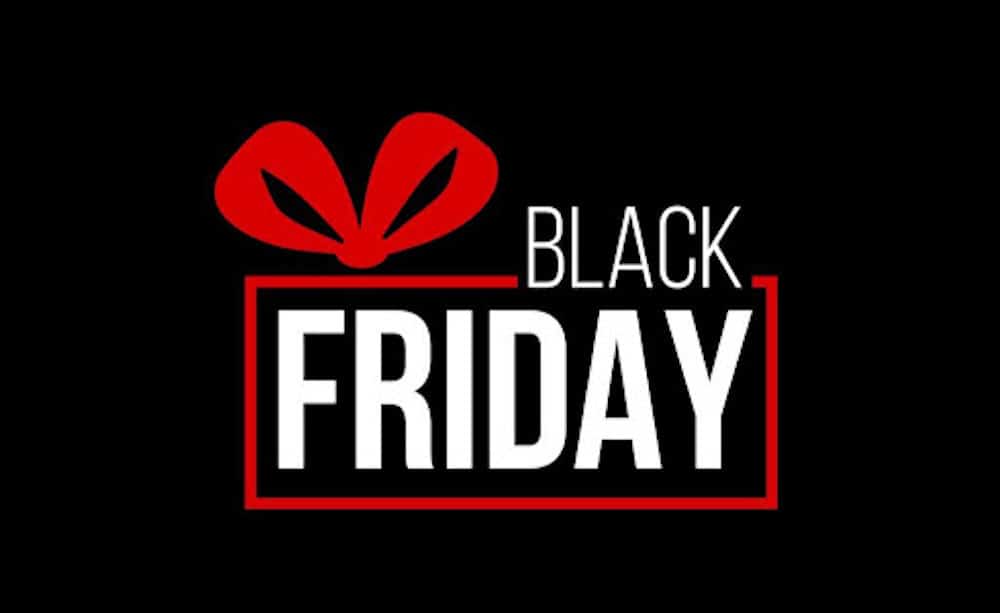The United States is unique for its Black Friday and Cyber Monday traditions. Every year, the newsreel rolls feature stories about monstrous crowds ravaging Wal-Marts. Macy’s There are many department stores in the country, and images and videos of people fighting for Barbie Dolls can be seen all over the internet. Hence, why do people rush to department stores after declaring all their thankfulness?
Cyber Monday, which was born many years after Black Friday in the United States has been around for a while, is a newer phenomenon. With the support of online retailers, marketers gave Black Friday a digital twist in 2012. People no longer had to go through the crowds and fight for their holiday shopping – they could do it from their own homes.
Where did it all start? How did Black Friday and Cyber Monday become the events that we know today? You’ve probably heard the stories – some dating back to the 1800s. Wild stories have been told about the origins of the spectacle over the years. Some stories are true, while others are completely false. Each has contributed to the perception of Black Friday that we have today. However, only one is the true origin. We’re going to debunk the myths and show you the real history of Cyber Monday and Black Friday.
Black Friday Myths
Black Friday was not originally a shopping spree on Friday after Thanksgiving. The stock market crashed on September 24, 1869. This caused the prices of common goods to fall 20 percent, and gold prices to plummet 60%. Two thieves caused this crash. Wall Street Jay Gould, a financier, and James Fisk were two of the people who bought as much gold as they could and then sold it at incredible prices. The plot was discovered on Friday, and the market crashed.
It is important to understand the source of “Black Friday” so that we can identify the original inspiration for this day of huge sales. Black Friday’s history is dark according to some legends. According to legend, Black Friday was celebrated during the slave era American history’s “Black Friday” is the day after Thanksgiving, when all slaves were on sale at half price. This idea spread to department stores across the country, and we now know Black Friday. This version of the story is false, however.
Retailers are the common thread in narratives, and probably the one that you have heard most. According to the story, retailers reported a rise in sales on Thanksgiving day. After a year of poor sales, the retailers saw this as an opportunity to offer steep discounts in hopes of attracting large-spending customers. Although this story is not the real reason for Black Friday, it helped to create the potential for a day of shopping.
The Truth About Black Friday
Imagine Philadelphia In the 1950s. It is bustling with people. This isn’t your average crowd. All of them have come to this place in anticipation of the Army-Navy football match, which is held every year on the Saturday after Thanksgiving. Because of the chaos that the large crowds bring to the city each year, authorities started calling this day “Black Friday”. Shoplifting was rampant on Friday, which forced retail workers to work longer hours to cater to the large crowds. The result was a huge spike in sales at Philadelphia’s department stores as well as restaurants.
Later years will bring more opportunities. Philadelphia Officials decided to change the name to “Big Friday” in order to avoid the negative connotation of the term “Black Friday.” They didn’t realize that the name was already a fixture. The term was adopted by the rest of the nation in the late 1980s. Retailers combined it with the belief in increased sales the day after Thanksgiving. This was a huge success and made this day a shopping paradise.
Black Friday has been a staple in the United States since its inception. Retailers are constantly looking for new ways to attract customers and watch their sales rise. Black Friday’s popularity inspired a number of retail holidays like Small Business Saturday.
Cyber Monday
Cyber Monday is Black Friday made digital. It is believed to be a reflection of the recent trend to digitize almost every real-world experience. Cyber Monday was created by a group of online marketing agencies to respond to the increasing popularity of Black Friday. Amazing deals are posted every Monday after Thanksgiving. Companies have reported their earnings on this day as high as doubling in recent years. According to Adobe Analytics, more than half of Thanksgiving weekend’s purchase was made via a mobile device.
Cyber Monday was not a success at first, but it has become a popular online shopping day. Cyber Monday allows shoppers to avoid crowds and wake up at unsavory hours and still finish their holiday shopping from their bed while enjoying a refreshing drink.
Online shopping is taking over the world, with more brick-and-mortar stores closing. Cyber Monday is a day that consumers will enjoy because of the ease and convenience they have when shopping online.

